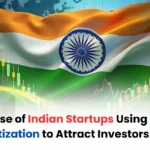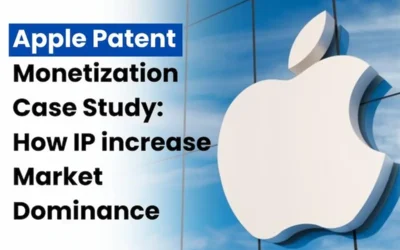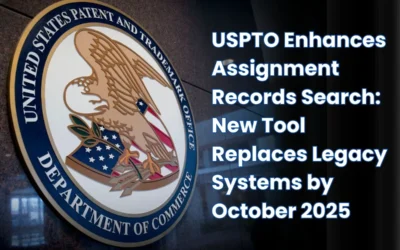
Patents are among the most important assets in today’s technology-driven economy, where having the right innovation can change the entire game. They are more than just legal shields for inventions — they hold real financial value, must know about Patent Monetization Strategies. However, the real challenge lies beyond securing a patent: turning it into money. To generate revenue, inventors need to adopt a smart Patent Monetization Strategy. There are many ways to monetize a patent:
- Licensing
- Patent Sale
- Patent Pools
- IP Marketplaces and Auctions
- IP-Backed Financing.
But in this section, we will focus on patent auctions and IP marketplaces as effective approaches for smart monetization.
What Are Patent Auctions and IP Marketplaces?
Patent auctions and IP marketplaces are both ways to market and monetize your patents, but they work differently.
- Patent Auctions work just like regular auctions. In this process, several buyers compete by placing bids, and the patent goes to whoever offers the most. This process is usually time-bound and competitive, often resulting in quick deals.
- IP Marketplaces, on the other hand, function as online platforms where potential buyers and sellers connect. Here, patents are listed much like products on an e-commerce site, and interested parties can negotiate terms directly on the platform.
When Are Auctions and Marketplaces Smart?
There are many ways to monetize a patent, and each method comes with its own pros and cons. Not every approach is suitable for everyone, which is why it’s important to carefully evaluate your situation before making a decision. You need to look into certain key factors.
So, here are the top 5 most important things to look into before choosing any patent monetization method:
- Patent Strength & Quality – Ensure your patent is enforceable, unique, and has enough life left to attract buyers or licensees.
- Market Demand – Check if your technology fits into current or emerging high-growth industries like AI, biotech, or green energy.
- Business Goals – Decide whether you want quick one-time revenue (sale/auction) or steady long-term income (licensing/financing).
- Resources & Expertise – Consider if you have the legal and financial support to handle licensing deals, or if a simpler sale/auction suits you better.
- Risk Appetite – Be clear on how much risk you’re willing to take; litigation can bring high rewards but also high costs and uncertainty.
Patent auctions and IP marketplaces can be useful, but their success depends on key factors. They work best when your patent is strong, fits a high-demand market, and matches your business goals — quick cash through auctions or steady returns via marketplaces. They’re also helpful if you lack resources for complex licensing, though outcomes can vary depending on your risk appetite.
Other Patent Monetization Strategies
Apart from auctions and IP marketplaces, there are several other ways to commercialize patents. These methods also connect inventors with potential buyers, licensees, or partners, and may be more suitable depending on the patent and business goals. Some of the common alternatives include:
- Patent Brokerage – Professional brokers act as middlemen, finding buyers or licensees and handling negotiations.
- Patent Licensing Platforms – Online portals focused only on licensing deals, where inventors grant usage rights for royalties.
- Technology Transfer Offices (TTOs) – Common in universities and research labs, helping commercialize patents by licensing or partnerships.
- IP Exchanges – Organized platforms (like stock exchanges but for IP) where patents and other rights are traded.
- Private Sales Networks – Exclusive communities where high-value patents are marketed directly to investors or companies.
Read Also: From Patent Filing to Profit: A Step-by-Step Patent Monetization Guide
Conclusion
Patent auctions and IP marketplaces are powerful tools, but they are not the only options. With the right strategy, patents can move beyond legal protection to become valuable financial assets.






